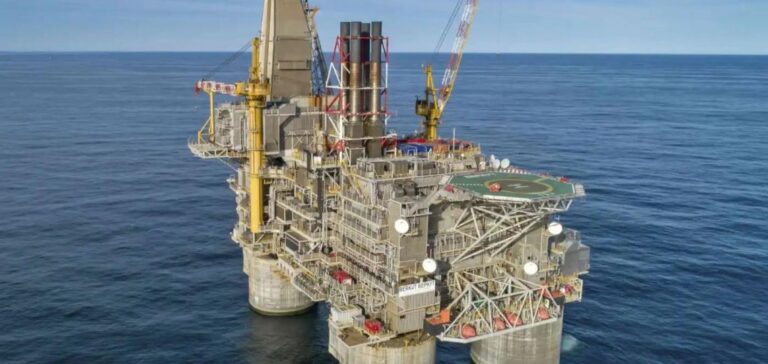Sakhalin 1 is owned by the Japanese company Sakhalin Oil and Gas Development Co (SODECO). This participation is approved by the Russian government.
A new operator
Sakhalin 1, Tokyo considers this approval important for the country’s energy security. Japan’s Chief Cabinet Secretary Hirokazu Matsuno says:
“We are aware of the Russian government’s decision to approve SODECO’s participation in the new Sakhalin 1 company. We consider this decision to be extremely important from the point of view of the medium and long-term stable energy supply of our country.”
Indeed, depends on about 95% of oil imports from the Middle East.
In September, however, Japan recorded no imports of Russian crude for the fourth consecutive month. Indeed, the country’s two main refiners, ENEOS and Idemitsu Kosan, suspended the signing of new contracts for Russian crude. The Russian government issues an order to transfer SODECO’s 30% stake to the new operator of Sakhalin 1.
An evolving participation
Russia’s decision comes after the departure of ExxonMobil, the previous operator and owner of a 30% stake in Sakhalin 1. This follows the decision of Russian President Vladimir Putin to create a new Russian operator for the project. SODECO, holds a 30% interest in the project previously held by Exxon Mobil Corp.
The Japanese company plans to apply to retain its stake in the new Russian operator. Indeed, Tokyo owns a 50% stake in SODECO. Japan Petroleum Exploration holds a 15.285% stake, Itochu 14.456%, Marubeni 12.349%, INPEX 6.08% and Itochu Oil Exploration 1.83%.
A major issue
Before the invasion of Ukraine, Sakhalin 1 was producing about 170,000 barrels per day. Russian officials say they were aiming to restore production at the project by the end of the year. ExxonMobil declared force majeure following the invasion to break away from Sakhalin 1.
Earlier in 2022, the Sakhalin 2 oil, gas and LNG project was undergoing similar changes in its ownership structure. Russia created a new operator for Sakhalin 2 after Shell left the project. In this second project, Russia also allows Japanese companies (Mitsui and Mitsubishi) to retain stakes.





















